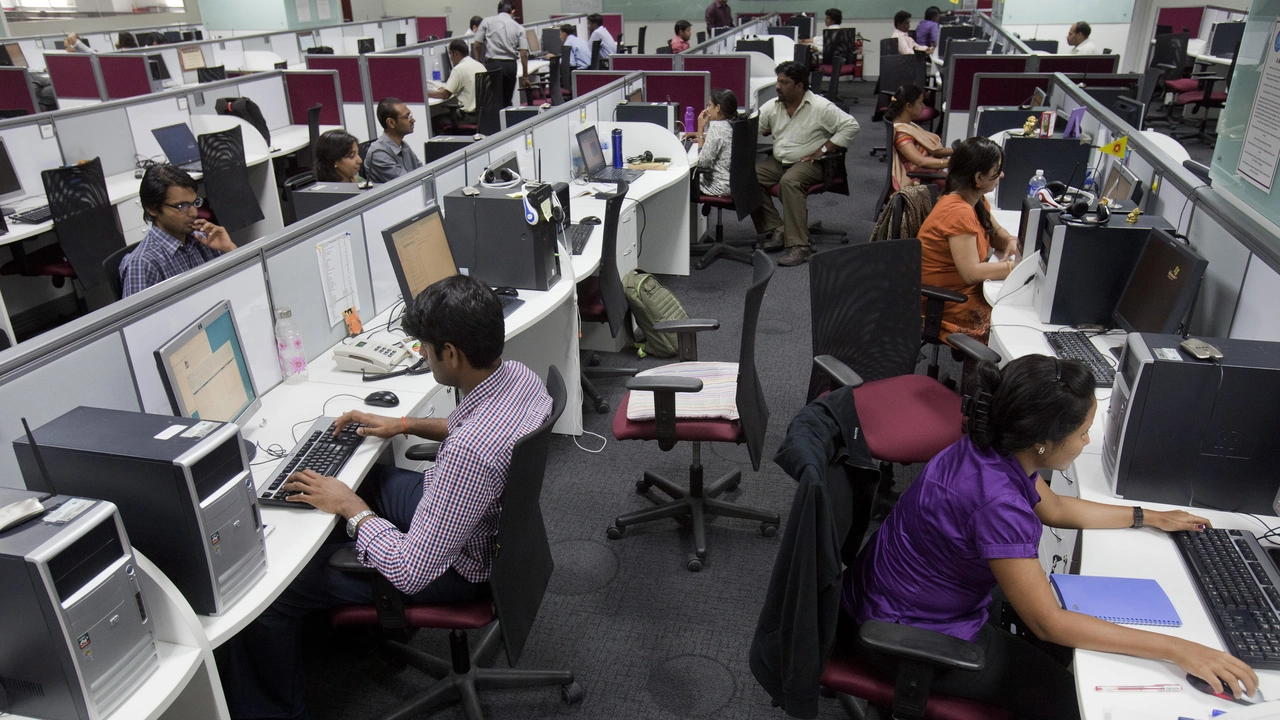Why the Indian Postal Service Is the Least Desired Government Job
Ever wondered why some government jobs are hot while others are barely getting any applications? The Indian Postal Service (IPS) sits at the bottom of the popularity chart. It’s not because the job is illegal or unsafe – it’s because the day‑to‑day reality turns out to be a tough sell for most job seekers.
What Makes the Postal Service Unappealing?
First off, the workload is heavy. A typical post office clerk handles thousands of letters, parcels, and cash transactions every single day. That means long hours, constant rush, and very little downtime. Add to that the fact that many postings are in remote villages or small towns where amenities are limited. For people who want to live in big cities or near their families, this can feel like a step backward.
Then there’s the issue of paper cuts. Yes, you read that right – the job still revolves around physical mail, which means handling stacks of paper, envelopes, and parcels. In an era where most communication has moved online, many candidates see the role as outdated. The lack of digital integration also limits opportunities for skill growth in modern tech‑driven environments.
Salary and career progression are other pain points. While government jobs usually promise job security, the pay scale for entry‑level postal officers is modest compared to other central services. Promotion timelines can be slow, and the roles often stay the same for years. This makes it hard for ambitious youngsters to picture a fast‑track career.
What to Think About Before Applying
If you’re still curious about the postal service, ask yourself a few practical questions. Do you enjoy routine tasks and interacting with the public on a daily basis? Are you comfortable working in smaller towns where the pace of life is slower? Can you handle the physical aspect of sorting, lifting, and moving mail without getting burnt out?
Consider the benefits, too. The job does offer a stable pension, decent leave policy, and the prestige of a government position. For people who value security over rapid growth, the postal service can be a decent fit. It also gives you a chance to serve the community directly – delivering letters, parcels, and even essential services to people who rely on the post for everything from bills to birthday cards.
Lastly, think about how the role might evolve. The Indian government is slowly digitizing postal services, introducing e‑commerce logistics, and expanding financial services like banking and insurance through post offices. If you join now, you could be part of that transformation, gaining experience in both traditional and digital domains.
In short, the Indian Postal Service isn’t the most sought‑after government job because of its heavy workload, remote postings, and perceived outdated nature. But if you value job security, community service, and are okay with a slower career pace, it might still be worth a look. We hope this quick rundown helps you decide whether the postal service fits your career goals or if you should keep scrolling for a more exciting option.

So, my friends, we've stumbled upon quite the conundrum today. We're diving into the intriguing world of Indian government jobs that no one, and I mean no one, is racing to sign up for. Believe it or not, it's the Indian Postal Service! Yeah, you heard right, that snail mail job isn't exactly the hot ticket these days. With its heavy workload, remote postings, and let's not forget the paper cuts, it's no wonder people are saying, "Thanks, but no stamps."
Read more
